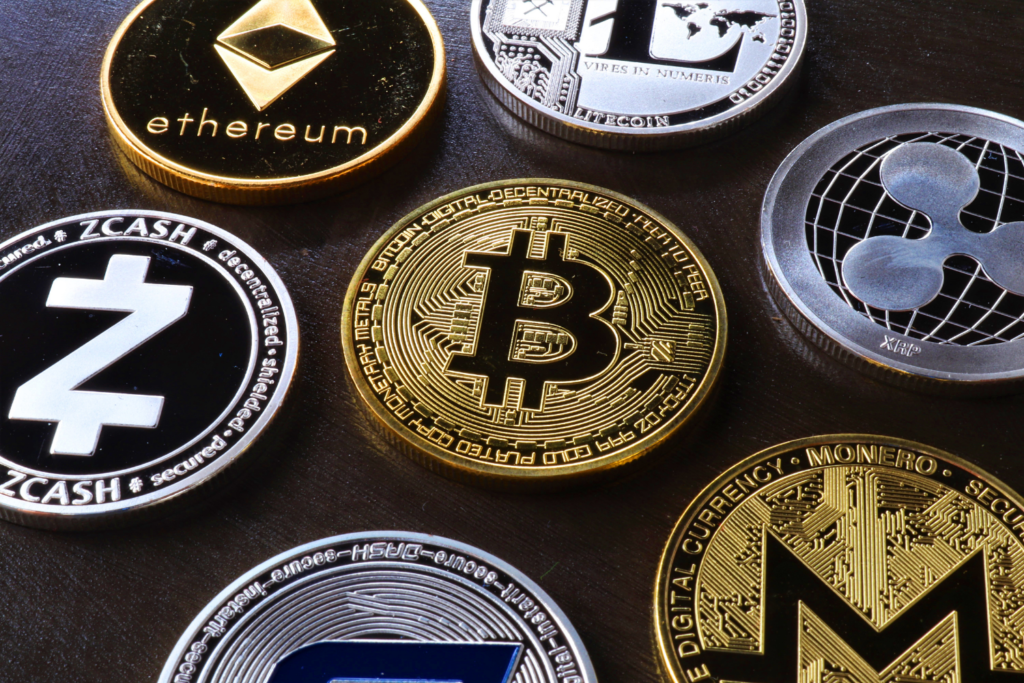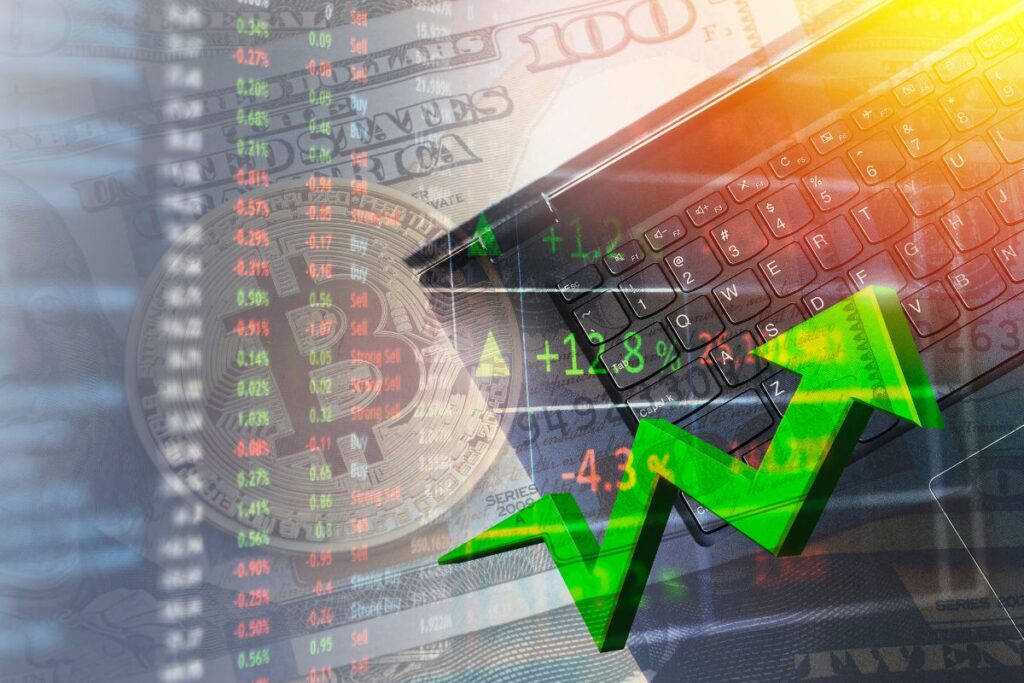
In times of economic crisis, people seek ways to protect their wealth and secure their financial future. In recent years, Bitcoin has emerged as an attractive and secure alternative.
The world’s most popular cryptocurrency has earned the trust of many investors due to its immutability, decentralization, and resistance to manipulation. As more people started using cryptocurrency, the need for a secure and reliable platform to trade it grew. Traders are using bitcoin code to trade bitcoin as this platform is safe and efficient.
In this article, we will explore the power of Bitcoin in the face of a troubled economy and why it can be a smart choice for those looking to protect their wealth in times of economic uncertainty.
Contents
The cryptographic revolution in times of crisis
In the last decade, blockchain technology has completely changed how financial transactions are carried out. Bitcoin is the best-known and most used cryptocurrency; based on blockchain technology, it allows its users to manage everything related to their finances directly.
Decentralization is the key to Bitcoin. There is no government or central financial entity that controls it. Instead, it is a decentralized network of users who maintain the integrity of the network and the security of transactions.
In times of economic crisis, decentralization becomes even more critical. For example, governments and financial institutions can fail during a financial crisis, leading to a loss of confidence in traditional economic systems.
Instead, Bitcoin is immune to these problems since it does not depend on a single entity for its operation. The Bitcoin network is resistant to censorship and manipulation, making it an attractive option for those who want to protect their wealth in uncertain times.
Bitcoin as a financial haven
During the global economic crisis of 2008, a massive financial market crash occurred, leading to a significant loss of wealth for many people. In contrast, Bitcoin has proven to be a safe investment at times when economic and financial policies collapse and make the traditional financial system vulnerable.
During the COVID-19 pandemic, Bitcoin’s value remained relatively stable, demonstrating its resilience to market fluctuations.
On the other hand, Bitcoin has a limited supply, which means that more currency cannot be printed to dilute its value. As a result, it makes it a haven for those looking to protect their wealth from inflation and currency devaluation.
This element is quite attractive because, in the face of an economic crisis, the first thing that shoots up is the value of fiat currencies; consequently, more banknotes are printed to balance the market and the citizens’ demands.
Decentralization in the face of economic instability
Economic instability can lead to a loss of confidence in financial and government institutions. Unlike Bitcoin, which offers a decentralized alternative for its operation, where third parties are out of the picture, and each user can freely manipulate and operate with their digital currencies.
The Bitcoin network is maintained by a decentralized community of users who ensure the network keeps running smoothly.
Furthermore, Bitcoin is resistant to censorship and manipulation. No one can control the Bitcoin network, meaning that users have greater financial freedom and protection against potential abuses of power. If its attributes and risks are known, Bitcoin can be considered a resilient and safe alternative during political and economic uncertainty.
Innovation and Adaptation: Bitcoin in global trade
Global trade has been affected by the global COVID-19 pandemic. Travel restrictions and decreased economic activity led to a decline in international trade. However, many people began to join the digital financial market as an innovative and adaptive alternative to global trade.
Bitcoin allows for fast and secure international transactions without the need for traditional financial intermediaries. As a result, companies can transact global business without worrying about travel restrictions or financial constraints, including high bank fees.
Additionally, Bitcoin is resistant to exchange rate fluctuations, making it an attractive option for businesses looking to protect their assets during economic uncertainty.
Conclusion
We are just beginning to see the impact that digital currencies can have on the global commercial and financial market; operations are becoming more independent and less controlled by entities or third parties; this represents a significant advance toward an economy that could benefit everyone equally.
Everything depends on the excellent use of digital resources, so technological advances are a benefit, not a disadvantage.




